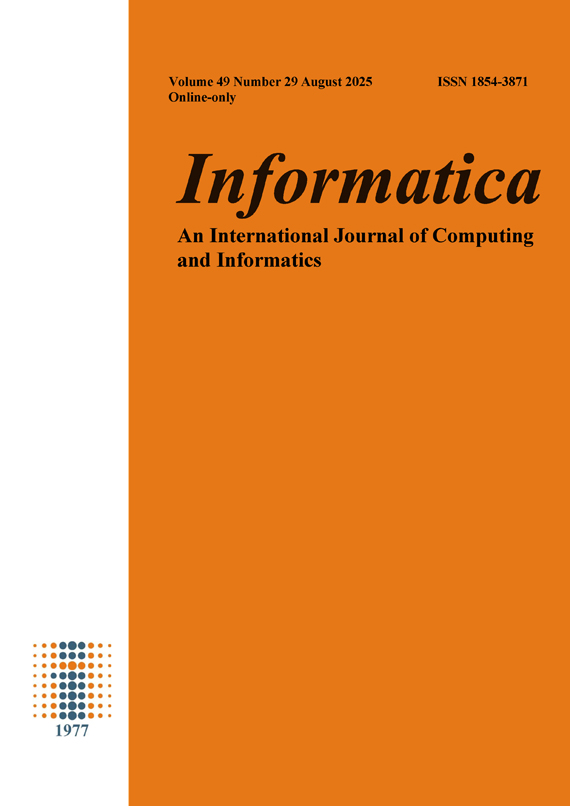Robust Beamforming for Data Correction via Interference-Noise Covariance Reconstruction and Adaptive Error Compensation
Abstract
Accurate data detection is an important basis for achieving industrial process operation, performance control, and optimization. In response to the problem of poor accuracy in existing data correction methods, a data correction method based on a matrix reconstruction robust beamforming algorithm is proposed. However, this method still has significant correction errors for the data. Therefore, this study optimizes the matrix reconstruction robust beamforming algorithm to optimize the performance of data correction methods. Simulations were conducted on synthetic nonlinear dynamic data with a sampling frequency of 30 and an SNR of 10 dB. In the simulation results, when the incident angle was 30°, the signal power estimates of traditional beamforming algorithms and the proposed algorithm were 27.57 dB and 30.00 dB, respectively. This indicated that the proposed algorithm could effectively solve the problem of signal power underestimation. Under random error, the reaction concentration state value of the proposed algorithm at a time of 10 seconds was 0.152 J/kg·K, which differed from the true state value by 0.008 J/kg·K. Compared to the RCB baseline, this proposed algorithm reduced the average sum of squared errors and total sum of squared errors by 74.60% and 72.66%, respectively. The results indicate that the proposed algorithm has superior data correction performance. This study has contributed to improving the performance and robustness of beamforming algorithms in practical environments.DOI:
https://doi.org/10.31449/inf.v49i29.8857Downloads
Published
How to Cite
Issue
Section
License
Authors retain copyright in their work. By submitting to and publishing with Informatica, authors grant the publisher (Slovene Society Informatika) the non-exclusive right to publish, reproduce, and distribute the article and to identify itself as the original publisher.
All articles are published under the Creative Commons Attribution license CC BY 3.0. Under this license, others may share and adapt the work for any purpose, provided appropriate credit is given and changes (if any) are indicated.
Authors may deposit and share the submitted version, accepted manuscript, and published version, provided the original publication in Informatica is properly cited.









